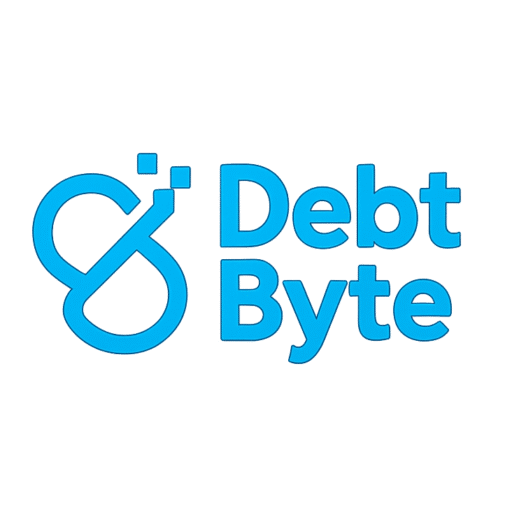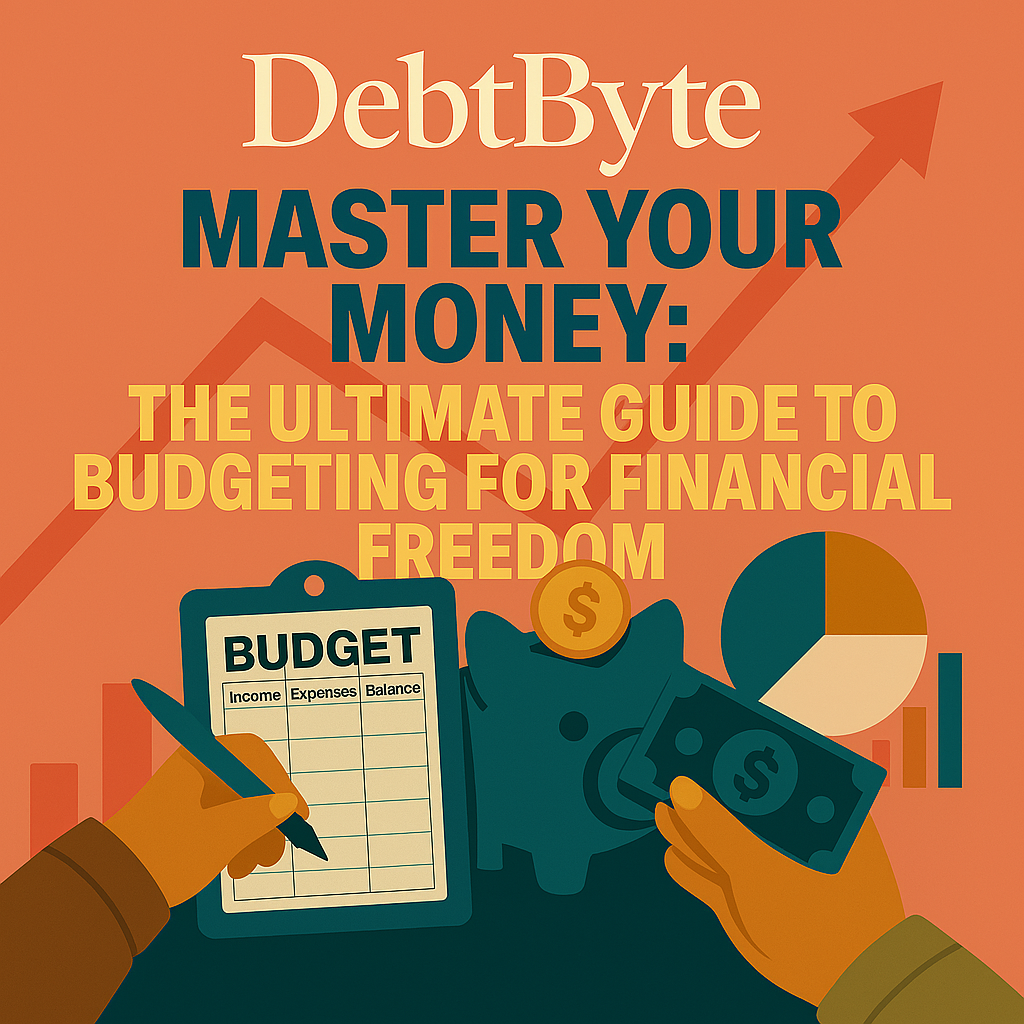Budgeting isn’t just about being frugal—it’s a powerful tool that puts you in control of your life by transforming how you manage money. Whether you’re working toward eliminating debt or saving for a dream goal, this guide will help you build a budget that works for you.
What Is Budgeting and Why It Matters
At its core, a budget is simply a plan for every dollar you earn and spend. It’s your blueprint for financial freedom. When you have a clear picture of your income and costs, you’re better equipped to make decisions that align with your goals, avoid impulse spending, and, ultimately, break the debt cycle.
A well-crafted budget gives you:
- Control: Understand where every dollar goes.
- Clarity: Visualize your financial future.
- Confidence: Make informed decisions to grow your wealth.
Understanding Your Income and Expenses
Before creating a budget, you need to classify your income and expenses. Start by answering these questions:
- What’s my monthly net income?
- What are my fixed expenses (rent, utilities, subscriptions)?
- What are my variable expenses (groceries, entertainment, transportation)?
Sample Expense Tracker
| Category | Monthly Budget | Actual Spend | Difference |
|---|---|---|---|
| Income | $3,500 | $3,500 | $0 |
| Rent/Mortgage | $1,000 | $1,000 | $0 |
| Utilities | $200 | $210 | -$10 |
| Groceries | $400 | $380 | +$20 |
| Transportation | $200 | $220 | -$20 |
| Entertainment | $150 | $100 | +$50 |
| Debt Payments | $300 | $300 | $0 |
| Savings | $300 | $300 | $0 |
| Miscellaneous | $150 | $140 | +$10 |
By tracking your spending, you identify areas where you can cut back and reallocate funds toward debt payoff or savings.
Exploring Different Budgeting Methods
There’s no one-size-fits-all approach with budgeting. Here are a few popular methods:
1. Zero-Based Budgeting
Every dollar of your income is assigned a specific purpose until nothing is “left over.” This method forces you to give every cent a job, ensuring that money isn’t wasted.
2. 50/30/20 Rule
Divide your income into:
- 50% needs (fixed essentials like housing and utilities),
- 30% wants (non-essential expenses like dining out), and
- 20% savings and debt repayment.
This rule is great for those who need a simple, rule-of-thumb approach.
3. Envelope System
This traditional approach involves dividing cash into envelopes labeled by expense category. Spending is limited to the cash available in each envelope, making it easier to avoid overspending on any category.
Each method has its strengths, so experiment and choose the one that best fits your financial personality and goals.
Setting Realistic Financial Goals
A budget does more than track dollars; it propels you toward your financial dreams. When setting goals, be SMART—Specific, Measurable, Achievable, Relevant, and Time-bound. For example:
- Short-Term: Save $500 for an emergency fund within three months.
- Long-Term: Pay off $10,000 in debt in two years.
Writing down both your short- and long-term financial goals makes them tangible and motivates you to stick to your budget.
Tools and Apps to Simplify Budgeting
Technology can significantly ease the burden of budgeting. Consider trying these tools:
- Budgeting Apps: Tools like YNAB (You Need A Budget) and EveryDollar help you plan and track spending in real time.
- Spreadsheets: A custom Excel or Google Sheets file can offer flexibility for those who love hands-on management.
- Banking Apps: Many banks now offer integrated budgeting tools to keep you updated on your spending and savings.
Experiment with a few to see which interface and features complement your financial habits best.
Practical Tips to Stick to Your Budget
Creating a budget is only half the battle—the real challenge is sticking to it. Here are some actionable tips to help:
- Automate Savings and Payments: Set up automatic transfers to savings accounts and automatic bill payments to reduce the temptation to overspend.
- Review Regularly: Sit down weekly to compare your planned versus actual spending. This keeps you accountable and allows for adjustments.
- Celebrate Milestones: Reward yourself for sticking to your budget and meeting financial goals—even if it’s small. Celebrating progress builds positive reinforcement.
Budgeting for Debt Freedom
Debt can feel like a shadow that limits every financial decision. A solid budget helps you prioritize debt repayment by:
- Allocating Extra Funds: After covering essential expenses, direct any surplus toward repaying high-interest debt.
- Choosing a Strategy: Consider the debt snowball (paying the smallest debts first) or debt avalanche (tackling the highest interest debts first) method.
- Visualizing Progress: Use charts or apps to track decreasing balances, which can provide motivational momentum.
By reducing debt, you free up more cash to reinvest in your future—a key tenet of the DebtByte approach.
Building a Sustainable Financial Future
Your budget isn’t static; it’s a living document that evolves as life changes. Key principles for long-term financial success include:
- Emergency Funds: Aim to build a buffer of 3–6 months’ worth of expenses to prepare for unexpected costs.
- Mindset Shifts: Transition from a scarcity mindset to a growth mindset. Recognize every smart decision as an investment in your future.
- Continuous Education: Financial literacy is a lifelong journey. Regularly update your knowledge about money management, investments, and economic trends.
Budgeting is more than a monthly chore—it’s a transformative process that empowers you to take control of your life. By understanding your financial landscape, choosing a budgeting method that fits your lifestyle, and making realistic goals, you’re paving the way toward a debt-free future.
Remember, the goal isn’t to deprive yourself but to gain freedom—freedom from debt, from financial anxiety, and ultimately, freedom to invest in your dreams. Take charge today, refine your spending habits, and build the foundation for lasting wealth.
This in-depth guide is designed not only to help you create a realistic budget but also to inspire a mindset shift toward financial freedom. As you embark on your journey, remember: every smart money decision is a step toward reclaiming your life.
Feel free to share your thoughts and experiences in the comments below—your journey could inspire someone else to break free from debt!


Leave a Reply